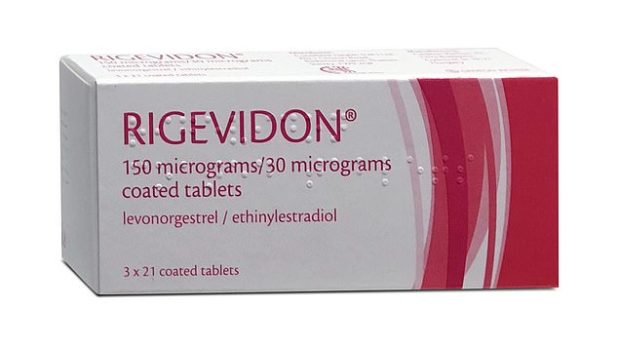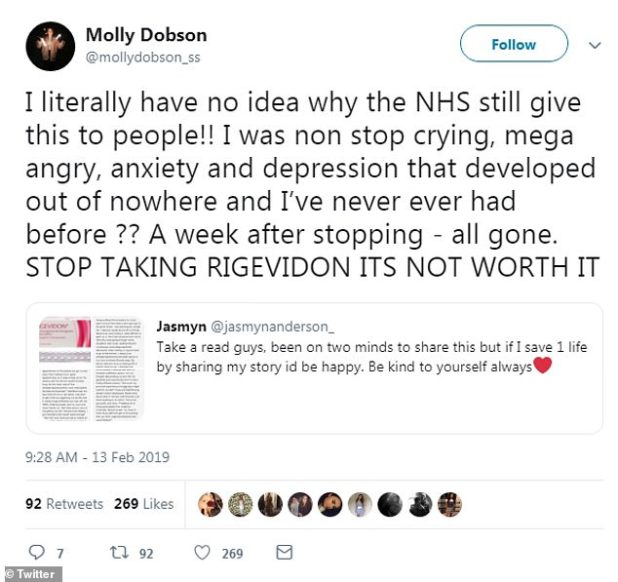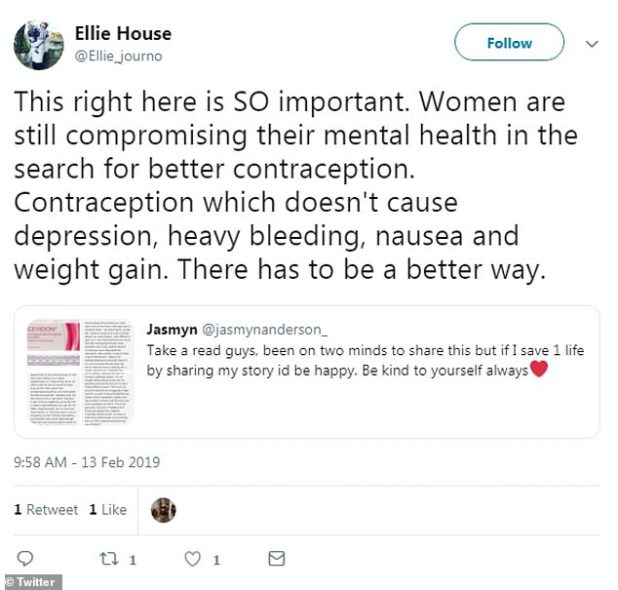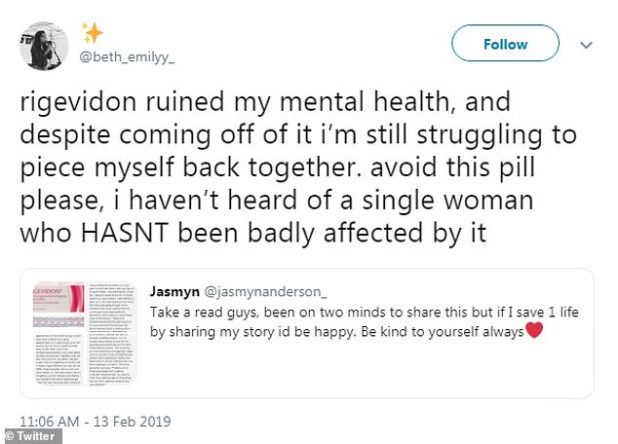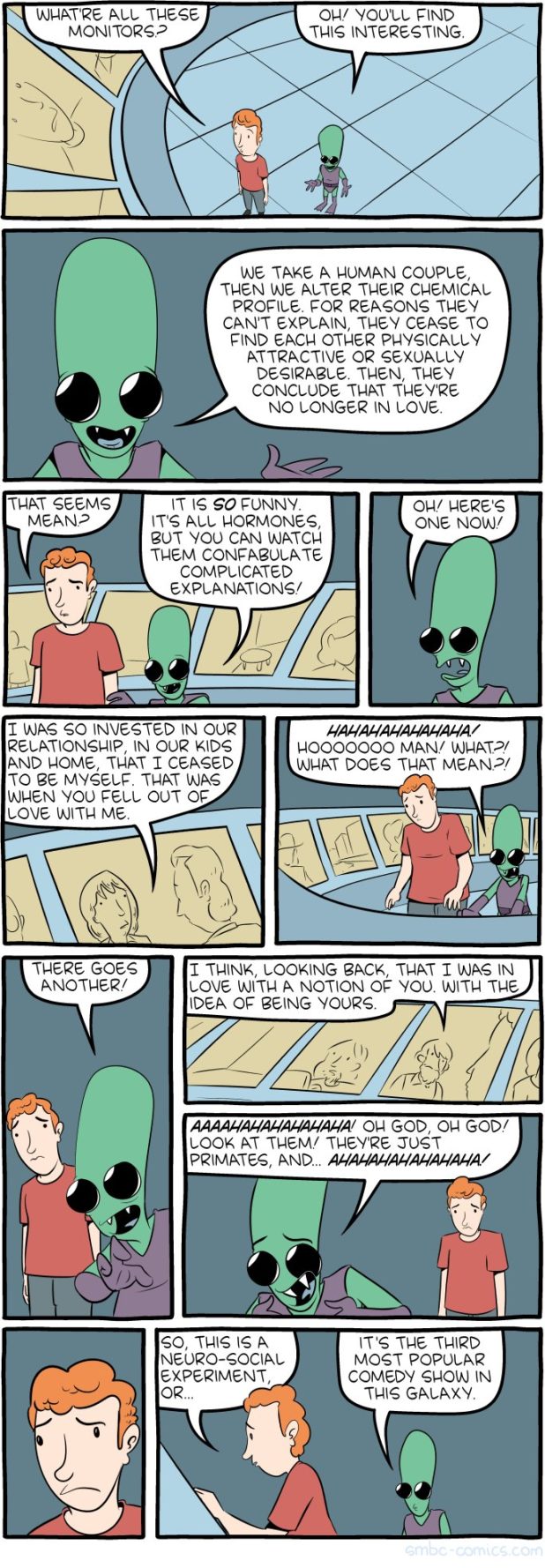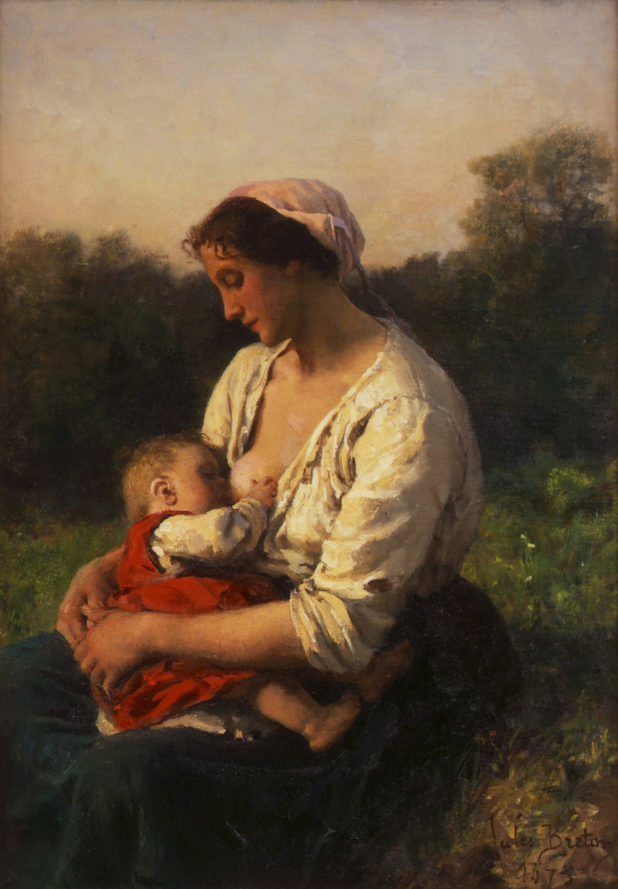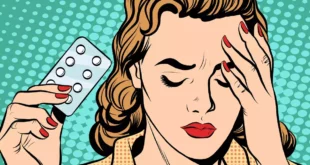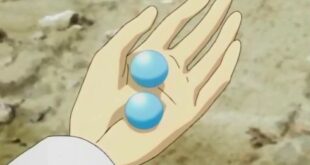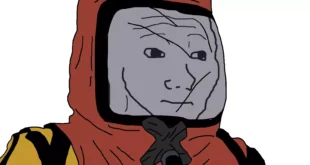Pomidor Quixote
Daily Stormer
February 17, 2019
Jasmyn Anderson, 20.
What if you discovered there’s an on-off switch for suicidal thoughts, anxiety, and depression?
A beauty therapist who battled suicidal thoughts believes the contraceptive pill triggered her depression.
Jasmyn Anderson, 20, from Edinburgh, was prescribed antidepressants around six months ago.
She later made the connection her mental health plummeted around the same time as she started taking Ridgevidon.
Since coming off the contraception four months ago, Miss Anderson claims she feels like ‘a different person’.
Jasmyn Anderson was taking Rigevidon.
Since she shared her story, others have come forward.
There’s something about hormones that most people are not really aware of: they rule more than what we think they rule.
Hormones may even rule everything.
If you regularly engage in sex with the same women, it may be a good idea to order them to stop taking the pill and to get a IUD instead. Not because you care about their health and wellbeing, but because their mental health and mood swings are directly correlated to how likely they are to create trouble for you.
It may also be a good idea to educate your daughters about the influence of hormones and these “side” effects from the pill.
There’s more to this.
This week, one German study found that hormonal contraception can reduce a woman’s ability to identify emotions in other people, which researchers believe could lead to misunderstandings and arguments. The study’s lead author, Alexander Lischke, said: ‘More than 100 million women use oral contraceptives, but remarkably little is known about their effects on cognition, emotion and behaviour.’
…
A 2016 study at the University of Copenhagen of more than a million women found a clear link between hormonal contraception and subsequent diagnoses of depression. Those using the combined pill were 23 per cent more likely to be diagnosed with depression and those on the mini-pill 34 per cent more likely.
Teenagers had an 80 per cent increased risk of depression on the combined pill, and this risk was even higher with the mini-pill. Other forms of hormonal contraception were even worse.
…
Another study by the same researchers in 2018 found that hormonal contraception use tripled the risk of suicide. The study looked at more than 475,000 women with no pre-existing psychiatric problems over eight years. Again, teenagers were particularly affected.
Yes, it’s kind of funny to see these whores falling to Despair after they’ve fallen to Desire. They decided to sterilize themselves to escape the consequences of being degenerates, and now they’re paying the price.
But these are our women. They’re our property, even if not legally. In reality, they’re our property, and they’re getting damaged.
When our women get damaged, our future generations also get damaged, or worse, they don’t exist.
The studies mentioned by the Daily Mail emphasize that teenagers have been found to suffer the worst of it.
I recently wrote about some of the recent suicide cases of young teenage girls that appeared on the news, and Instagram appears to be a piece of the puzzle.
Could birth control pills be another piece of that puzzle?
Girls are put on the pill from an early age for whatever reason doctors can think of. From “just in case” and “to fight acne” to “to make periods less painful.”
Triona first took the Pill aged 15 —with her parents’ consent — because she was experiencing severe period pain, and this can be alleviated by going on the Pill.
Within two months, she says she went from being ‘bubbly and sparkly’ to feeling she ‘couldn’t put one foot in front of the other’.
Should we be putting hormones in bodies that haven’t fully developed naturally? No one has done an in-depth study on what happens after a decade or so when pubescent girls start taking the pill compared to what happens when they don’t.
The media is not the only social-engineering tool employed by the Jews.
We have to watch out for what we put inside our bodies.
 Daily Stormer The Most Censored Publication in History
Daily Stormer The Most Censored Publication in History
